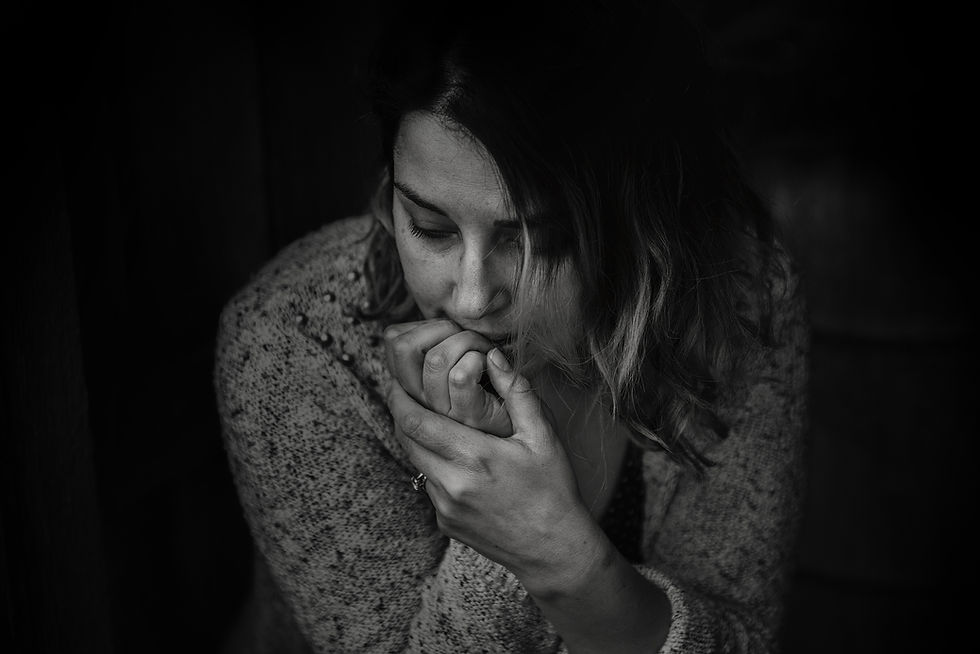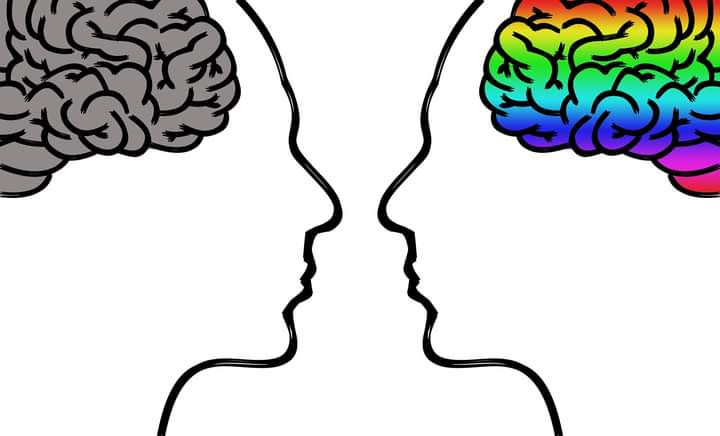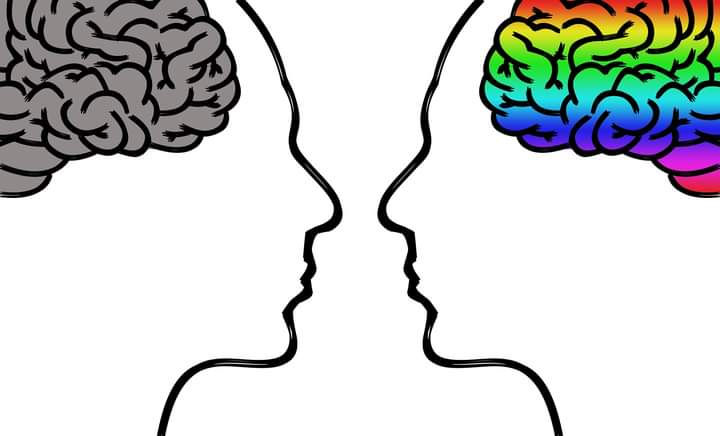Anxiety, what it is, its causes and treatments
- Debora Wiseman
- 25 de out. de 2022
- 3 min de leitura

Anxiety is a reaction considered normal to stressful situations that are about to happen. But, in some cases, it becomes excessive and can cause problems in people's everyday situations, both in health, social life and in professional and marital life.
"It is a diffuse feeling of discomfort, an unpleasant feeling of apprehension often accompanied by tension, anticipation of risk scenarios, often unreal, and different physical manifestations", explains psychiatrist Gabriela Bezerra de Menezes, a researcher at the Federal University of Rio de Janeiro. (UFRJ).
Anxiety is one of the main causes of withdrawal from work and social life around the planet. And at least a third of the world's population will be affected by it in their lifetime, including children and adolescents.
Experts are still not sure what causes all of this, but they already have some answers about the right time to seek help, the most common triggers, the most effective treatments and the strong link between anxiety disorders and other illnesses.
"Anxiety disorders rarely occur in isolation, with comorbid mental disorders such as depression and substance use disorders occurring in 60% to 90% of cases," explains Antônio Geraldo da Silva, president of the Brazilian Association of Psychiatry, in an interview. to BBC News Brazil.
Despite the huge number of people affected and the various studies on anxiety, it is important to make it clear that it is still a great challenge for specialists.
A study led by professor and psychiatrist Guilherme Polanczyk, from the University of São Paulo (USP), with about 6,000 young people aged between 5 and 17 years old, pointed out in October 2021 that 36% of them had symptoms of anxiety and depression at levels that demand clinical evaluation.
The various causes of anxiety require full alertness and attention:
The causes of anxiety vary from person to person and these nuances are checked after a professional evaluation. However, there are some factors that can ease the way to this disorder:
You need to be aware of these anxiety symptoms and if they start to interfere with your daily life you should seek help.
Wheezing and shortness of breath
Palpitations and chest pain
Accelerated speech
Trembling sensation and urge to bite your nails
Shaking legs and arms
Muscle tension
Dizziness and feeling faint
Nausea and vomiting
Irritability
Migraines
Dry mouth and taste hypersensitivity
Insomnia
Excessive worry
Difficulty concentrating
Nervousness
Constant fear
Feeling that you are going to lose control or that something bad is going to happen
Imbalance of thoughts
Numb arm
Cold sweat
Feeling of being an outside observer of one's life (depersonalization)
Feeling disconnected from their environments (derealization)"
The different causes of anxiety
The cause of anxiety is nothing more than a normal reaction of the body to future events. It is a type of evolutionary adaptation that humans have found so that their chance of survival increases.
Specific genes linked to anxiety (if a first-degree relative had a disorder, the possibility of developing it is also much higher)
Environmental factors (very stressful work, busy life routine)
Personality type (some people have an anxiety base, meaning their own personality puts them at risk of developing a disorder)
Sex and gender (women are twice as likely to develop an anxiety disorder)
Trauma (a high emotional impact event such as abuse is a risk factor for anxiety disorders).
How to avoid anxiety?
Having a healthy lifestyle is a good tip to reduce anxiety, as is changing daily habits. It is important to remember that human health is made up of a series of pillars. Among them are the biological, psychic and social aspects.
So, stay tuned for these tips that can help you control and avoid anxiety:
* A good night's sleep: Inadequate sleep can amplify the brain's anticipated reactions, increasing anxiety levels;
* Use music to relax;
* Wake up early;
* Reduce caffeine, sugar and processed foods;
* Do physical, intellectual and social activities;
* Do not overcharge yourself or compare yourself to others;
* Seek self-knowledge.
Specialists who can diagnose anxiety are:
General practitioner
Psychiatrist
Psychologist.
Anxiety Crisis: What to Do During One?
It is very important not to try to fight panic, as this is not a conscious mechanism, it is the result of automatic brain mechanisms located in automatic or non-conscious regions. It is part of a complex defense system in the body.
The person can take some actions:
Resorting to alternative therapy techniques, relaxation, meditation or prayers, for example
Using any distraction technique, such as gentle conversation, soft music, calming words, massage in areas of the body that produce relaxation
Control breathing.
If you or someone in your family has symptoms of anxiety, it is very important to seek help as soon as possible, thus preventing the problem from getting worse and interfering with your personal and professional life. In this way, it is possible to recover the quality of life and live much better, as anxiety is controlled and cured with proper treatment.
IMPORTANT: We are Holistic Therapists and our treatment is alternative. Even with satisfactory results, it is essential to emphasize that only duly qualified doctors can diagnose diseases, indicate treatments and prescribe medication.
All the best!
See you next week
Shalom!
Debora and Daniel Wiseman





Comentários